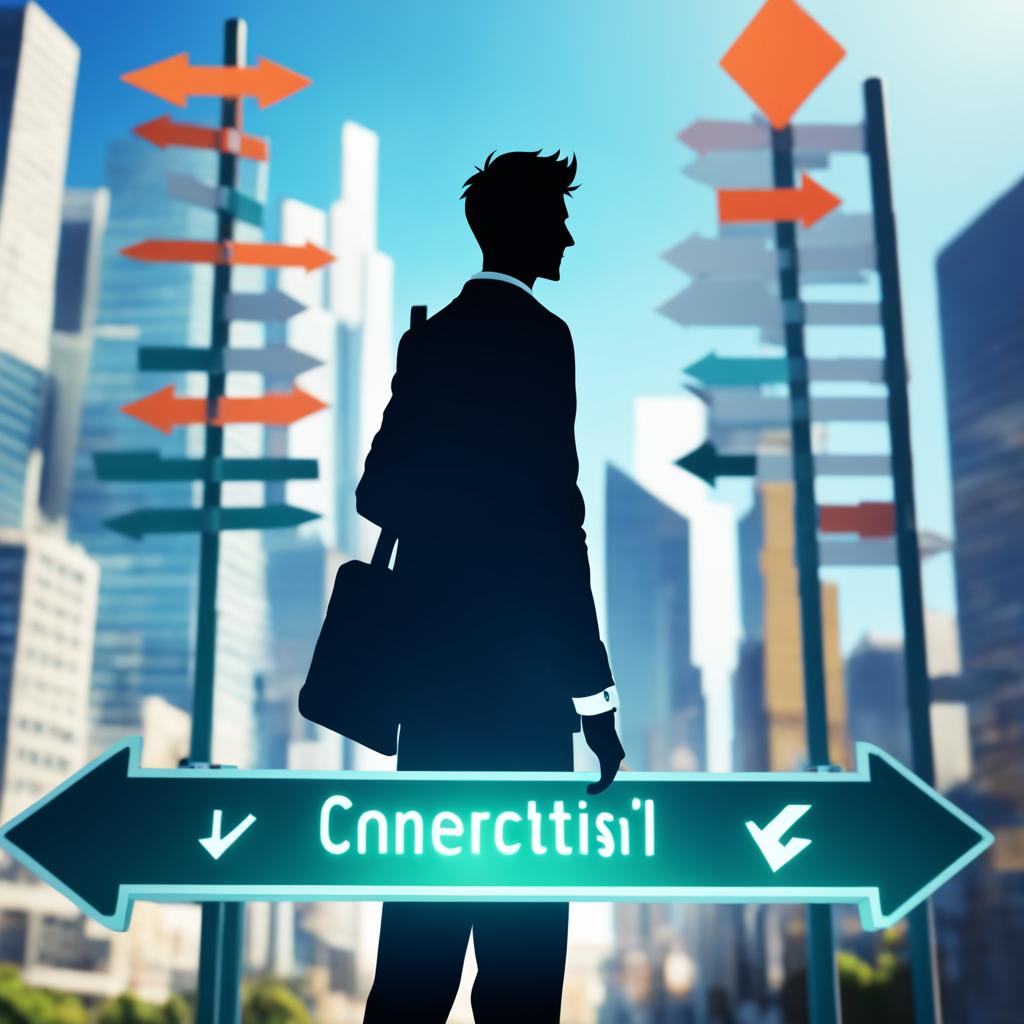Are you always clear about the purpose of your trip before setting off on an adventure? Do you have a specific goal in mind or do you simply go with the flow? Understanding the purpose of your trip and defining clear travel objectives can make all the difference in creating a truly fulfilling travel experience. So, what is the purpose of your upcoming journey? And how can defining your travel objectives enhance your trip? Join us as we dive into the importance of understanding the purpose of your trip and how it can shape your travel decisions for the better.
Importance of Defining Travel Objectives
Defining your travel objectives is crucial to ensure a fulfilling travel experience. It helps you set clear goals and expectations for your trip, and allows you to plan and prioritize your activities accordingly. Understanding the purpose of your trip enables you to make informed decisions about destinations, accommodations, and activities that align with your objectives.
By defining your travel objectives, you can tailor your itinerary to best suit your needs and interests. Whether you’re seeking adventure, relaxation, cultural immersion, or personal growth, having a clear understanding of what you want to achieve from your trip will guide you in making the right choices.
When you define your travel objectives, you can:
- Focus on activities and experiences that are meaningful to you
- Optimize your time and resources by prioritizing your must-see destinations
- Find accommodations that align with your preferences and needs
- Create a well-rounded itinerary that balances relaxation, exploration, and cultural immersion
- Make informed decisions about transportation options
Defining your travel objectives also allows you to manage your expectations. It helps you align your mindset and attitude with the purpose of your trip, leading to a more fulfilling and enjoyable experience. Whether you’re embarking on a business trip, a solo adventure, a family vacation, or a romantic getaway, clarifying your travel objectives sets the stage for a memorable journey.
Benefits of Defining Travel Objectives
| Benefits | Description |
|---|---|
| 1. Clarity | Set clear goals and expectations for your trip |
| 2. Time and Resource Optimization | Prioritize must-see destinations and activities |
| 3. Personalization | Align accommodations, transportation, and experiences with your preferences |
| 4. Enhanced Experience | Create a well-rounded itinerary that balances relaxation, exploration, and cultural immersion |
| 5. Expectation Management | Align your mindset and attitude with the purpose of your trip |
Different Types of Trip Purposes

When planning a trip, it’s important to understand the different types of trip purposes. This knowledge can help you determine your own purpose and tailor your trip accordingly. Let’s explore the various types of trip purposes:
- Business Trips: These trips are typically undertaken for work-related purposes. Whether you’re attending a conference, meeting clients, or exploring new business opportunities, business trips require a focus on professionalism and productivity. It’s essential to plan your itinerary around your work commitments and make the most of your time.
- Leisure Trips: If your main objective is relaxation and recreation, a leisure trip is the perfect choice. Whether you’re craving a beach vacation, an adventurous hiking expedition, or a cultural immersion in a new city, leisure trips allow you to unwind and enjoy new experiences. It’s important to prioritize activities that align with your interests and preferences.
- Visiting Friends and Relatives: Sometimes the purpose of your trip is simply to spend time with loved ones. Visits to friends and relatives are precious opportunities to reconnect, create memories, and deepen your relationships. These trips often involve a balance of planned activities and quality time spent with your loved ones.
Understanding your trip’s purpose can greatly enhance your overall experience. Once you identify the purpose, you can plan your itinerary, book suitable accommodations, and select activities that align with your objectives. Whether you’re traveling for business, leisure, or to visit friends and relatives, clarity on your trip’s purpose ensures a more fulfilling journey.
Communicating the Purpose of Your Visit

When asked about the purpose of your visit, it is important to communicate clearly and concisely. In most cases, a simple answer such as “I am on vacation” or “I am traveling for leisure” suffices. Providing too much detail may lead to further questions and unnecessary complications. It is important to follow the instructions provided by customs and immigration officers and answer truthfully.
Customs and immigration officers play a vital role in ensuring the safety and security of borders. They need accurate information to assess the legitimacy of your visit. By clearly communicating your purpose of visit, you can help facilitate the process and avoid any misunderstandings.
It is important to note that customs and immigration officers have experience dealing with different situations and travelers. They are trained to handle a wide range of purposes for visits, from business trips to leisurely getaways. However, it is always recommended to answer truthfully and provide concise information in order to expedite the process.
Remember, the purpose of your trip is an integral part of the customs and immigration process. By understanding the importance of communicating your purpose clearly and concisely, you can ensure a smooth and hassle-free entry into the country.
Trip Purpose and Mode Choice

The purpose of your trip plays a significant role in influencing your travel behavior and mode choice. Different trip purposes, such as commuting to work or visiting friends, can greatly impact the mode of transportation you choose for your journey.
When traveling for work or commuting, you might opt for modes of transportation that offer efficiency, such as taking a train, bus, or using ride-sharing services like Uber or Lyft. On the other hand, when traveling for leisure or visiting friends and relatives, you might prefer modes that offer flexibility and convenience, such as driving your own car or renting one.
Understanding the relationship between trip purpose and mode choice is crucial for making informed decisions about how to get around during your trip. By considering factors such as travel time, cost, sustainability, and personal preferences, you can select the mode of transportation that best aligns with your trip purpose.
For example, if your trip purpose involves exploring multiple destinations in a short period, flying might be the most efficient option. However, if you’re planning a leisurely road trip that allows you to enjoy scenic routes and make spontaneous stops, driving your car or renting a car may be the preferred mode.
In some cases, the mode of transportation you choose can also influence your overall travel experience. For instance, taking a train journey can provide a scenic and comfortable experience, while cycling or walking allows you to immerse yourself in the local culture and environment.
By understanding the relationship between trip purpose and mode choice, you can make informed decisions that enhance your travel experience and contribute to a more memorable and enjoyable trip.
Average Daily Trips by Age Group and Purpose
When it comes to average daily trips, there is variation among different age groups and trip purposes. Understanding these patterns can provide valuable insights into travel behavior. Based on the data from the Third source, the following trends have been observed:
| Trip Purpose | Average Daily Trips |
|---|---|
| Family-related trips | Highest share |
| Social trips | Significant share |
| Work-related trips | Considerable share |
| Shopping trips | Notable among seniors |
It is evident that family-related trips make up the largest share, indicating the importance of spending time with loved ones. Social trips also hold a significant share, emphasizing the value of leisure and recreation. Work-related trips remain considerable, reflecting the necessity of business travel. Interestingly, shopping trips carry importance, especially among seniors, highlighting their preferences and spending habits.
Over time, the relative share of trips for each category has remained relatively stable. However, there have been some variations in work-related and social trips, demonstrating the dynamic nature of travel behavior.
Conclusion
Understanding the purpose of your trip and defining clear objectives is essential for a fulfilling travel experience. Whether you are traveling for business, leisure, or to visit friends and relatives, knowing your purpose helps you make informed decisions and plan activities that align with your goals.
By communicating the purpose of your visit accurately and concisely, you can navigate customs and immigration processes smoothly. Providing a straightforward response, such as “I am on vacation” or “I am traveling for leisure,” is usually sufficient. Avoiding unnecessary details can help streamline the process and save time.
Remember, the purpose of your trip sets the foundation for a memorable and rewarding journey. It allows you to seek out experiences that fulfill your objectives, whether it’s exploring new destinations, engaging in cultural activities, or conducting successful business meetings.”
FAQ
Q: What is the purpose of the trip?
A: The purpose of a trip refers to the main reason or motive behind the journey. It could be for business, leisure, visiting friends or relatives, or a combination of these reasons.
Q: Why is it important to define travel objectives?
A: Defining your travel objectives is crucial to ensure a fulfilling travel experience. It helps you set clear goals and expectations for your trip, and allows you to plan and prioritize your activities accordingly.
Q: What are the different types of trip purposes?
A: The different types of trip purposes include business trips, leisure trips, and visits to friends and relatives. Business trips are usually undertaken for work-related purposes, while leisure trips are for relaxation and recreation. Visiting friends and relatives involves traveling to spend time with loved ones.
Q: How should I communicate the purpose of my visit?
A: When asked about the purpose of your visit, it is important to communicate clearly and concisely. In most cases, a simple answer such as “I am on vacation” or “I am traveling for leisure” suffices. Providing too much detail may lead to further questions and unnecessary complications.
Q: How does trip purpose influence mode choice?
A: The purpose of a trip greatly influences travel behavior and mode choice. Different trip purposes, such as commuting to work or visiting friends, can determine the mode of transportation used for the trip. Understanding the relationship between trip purpose and mode choice can help you make informed decisions about how to get around during your trip.
Q: What are the average daily trips by age group and purpose?
A: Average daily trips vary among age groups and are classified according to trip purpose. Family-related trips account for the largest share, followed by social and work-related trips. Shopping trips are also significant, especially among seniors.
Q: How does understanding the purpose of your trip enhance your travel experience?
A: Understanding the purpose of your trip and defining clear objectives is essential for a fulfilling travel experience. Whether it’s for business, leisure, or visiting friends and relatives, knowing your purpose helps you make informed decisions and plan activities that align with your goals.
